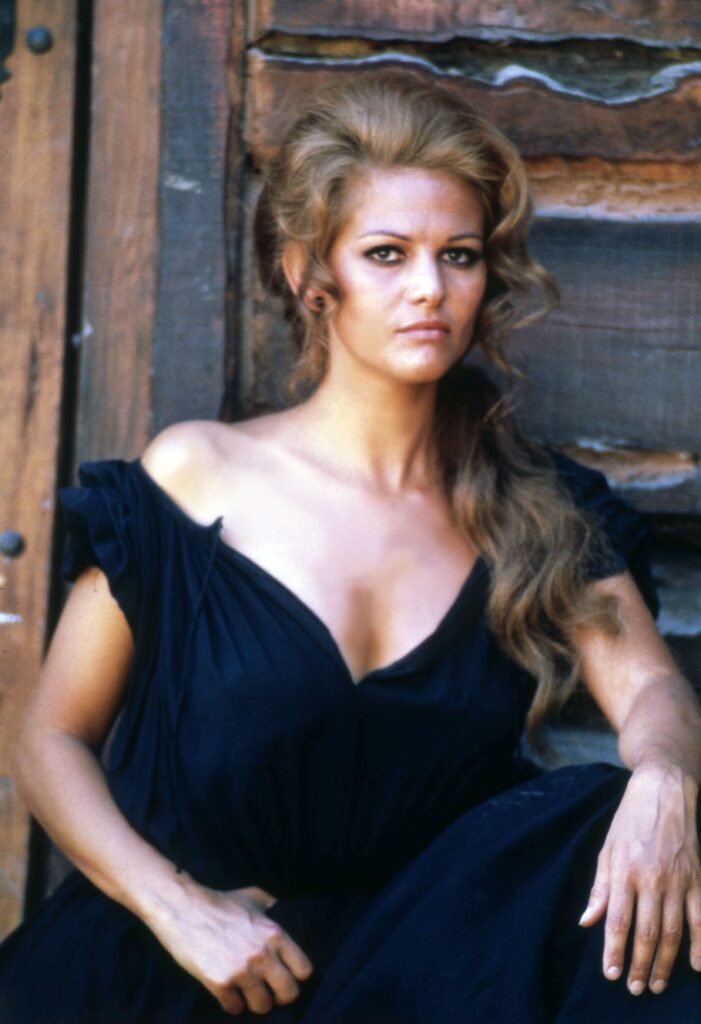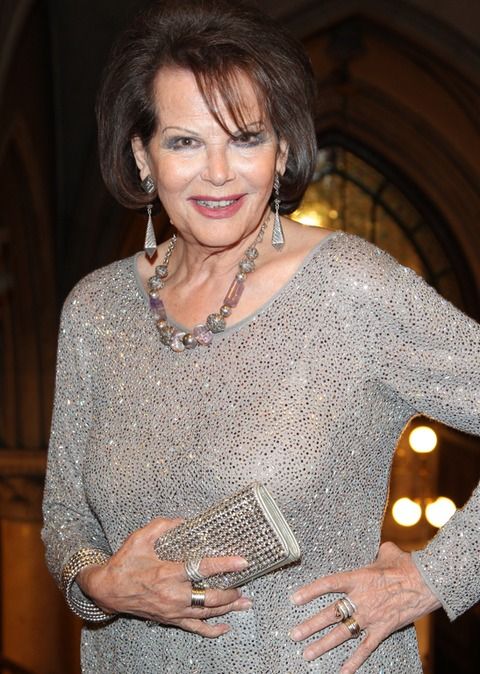Claudia Cardinale, born on April 15, 1938, in Tunis, Tunisia, to Italian parents, emerged as an international film icon through a combination of stunning beauty, exceptional acting talent, and a magnetic on-screen presence. Her journey began in 1957 when she participated in the “Most Beautiful Italian Girl in Tunisia” pageant, leading to a modeling career that took her to Rome, where filmmakers quickly recognized her potential.
Cardinale’s breakthrough came with her role in Luchino Visconti’s 1960 film “Rocco and His Brothers,” showcasing her acting prowess and earning critical acclaim. Subsequent iconic performances in Federico Fellini’s “8½” (1963) and Sergio Leone’s “Once Upon a Time in the West” (1968) solidified her status as an exceptional actress and global cinematic treasure.

Her timeless beauty, characterized by expressive eyes, a radiant smile, and graceful demeanor, has contributed to her universal appeal. However, it is her magnetic on-screen presence that truly distinguishes her, allowing her to forge deep connections with audiences across genres.
Beyond her acting achievements, Cardinale is renowned for her dedication to social and humanitarian causes. Involvement with organizations like UNICEF reflects her commitment to using her platform for positive change, further enhancing her legacy.

Claudia Cardinale’s influence on cinema resonates through generations, inspiring countless actors and filmmakers. Her performances have set a high standard for excellence in acting, and her image has been immortalized in photographs by renowned artists, solidifying her status as a timeless legend.
From a Tunisian beauty queen to an internationally acclaimed actress, Claudia Cardinale’s journey reflects talent, determination, and timeless allure. Her contributions to the art of film transcend borders and time, making her an enduring icon celebrated for her extraordinary talent and lasting impact. Claudia Cardinale remains a beloved figure in cinema, embodying classic elegance and modern charisma.


